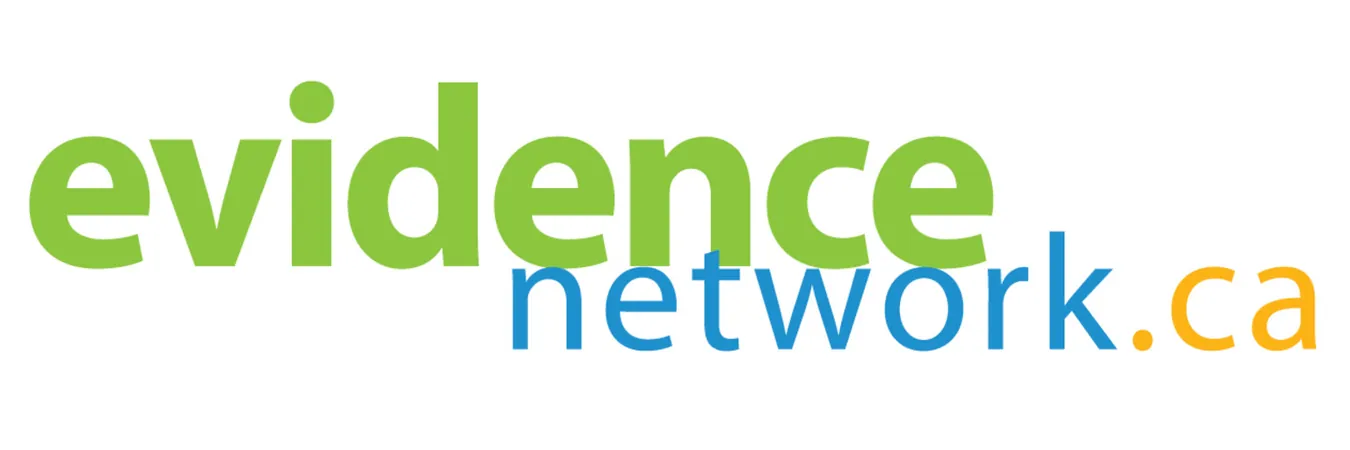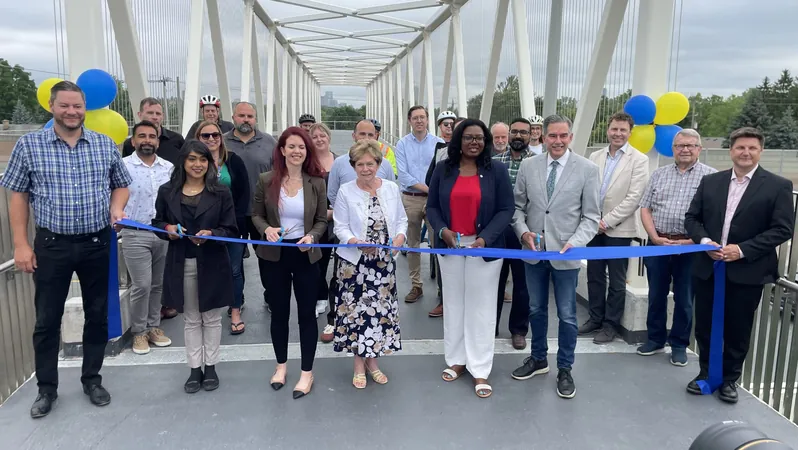
Unlocking Early Dementia Diagnosis: Your Guide to Swift Action
2025-05-28
Author: Amelia
Dementia is touching countless lives, with over 7 million Americans aged 65 and older living with Alzheimer’s disease alone. Unfortunately, securing a diagnosis can be a painfully slow process, with waits stretching from one year to nearly four. This alarming reality highlights the urgent need for early intervention—yet there’s hope. Simple strategies can significantly reduce this wait time and facilitate timely treatment.
Why Are Diagnoses Taking So Long?
The delay in receiving a dementia diagnosis largely stems from the sheer volume of cases and a shortage of specialists. By age 85, nearly 40% of people are likely to exhibit some form of dementia, according to Dr. Andrew E. Budson, a Harvard-trained neurologist. The situation is aggravated by a lack of neurologists—an issue felt acutely by many in the healthcare system. As Dr. Jeffrey Kaye from OHSU emphasizes, this includes a wide range of specialists, making timely care even more crucial.
New Treatments Call for New Urgency
Historically, there have been few options for treating dementia, which has resulted in insufficient training for doctors. Dr. Budson explains that while medications have existed since the 1990s, there was a long gap without effective treatments until recently. New drugs that target amyloid plaques—a harmful protein in Alzheimer’s patients' brains—are emerging as game-changers.
The Critical Need for Early Diagnosis
These new drugs are most effective when initiated early in the disease's progression. Dementia involves the accumulation of amyloid plaques and tau tangles, which damage brain cells. Dr. Budson warns, “If treatment is delayed, it’s like letting the horse out of the barn.” Early intervention can significantly slow cognitive decline, with some studies showing a staggering 60% reduction in progression for early-stage patients.
Fast-Tracking Your Path to Diagnosis and Treatment
So how can patients and caregivers expedite the process of receiving a dementia diagnosis? Here are key strategies:
1. Start with Your Primary Care Doctor
Your first step should be consulting a primary care physician, who can not only provide referrals to specialists but may also conduct preliminary screenings, such as the Montreal Cognitive Assessment (MoCA). This simple test checks for memory issues in about 15 minutes.
2. Insist on Comprehensive Screening
It's vital to rule out other medical conditions that mimic dementia symptoms. Following initial assessments, a healthcare provider can refer patients to neurologists for further evaluation or prescribe early medications like Aricept, which help improve memory-sustaining neurotransmitters.
3. Consider Recent Graduates or Alternative Specialists
Struggling to get an appointment? You might find quicker access to care with newly trained doctors eager to build their practice. Alternatively, don’t overlook geriatricians and geriatric psychiatrists, who are also equipped to diagnose dementia.
4. Explore Clinical Trials
Participating in clinical trials can be a pathway to timely diagnosis and cutting-edge treatments. Check sites like ClinicalTrials.gov for opportunities, especially if you’re near a university or medical center.
Preparing for Your Specialist Visit
As you gear up for your appointment with a dementia specialist, keep a log of behavioral changes and symptoms. Track any unusual patterns in memory or behavior—this data is invaluable for getting an accurate diagnosis. Additionally, tech tools like an iPad can help monitor cognitive function and facilitate follow-ups.
Despite the hurdles in diagnosing and treating dementia, proactive steps can help families secure the care they need. Early intervention not only leads to better health outcomes but provides crucial time for families to prepare for the future.









 Brasil (PT)
Brasil (PT)
 Canada (EN)
Canada (EN)
 Chile (ES)
Chile (ES)
 Česko (CS)
Česko (CS)
 대한민국 (KO)
대한민국 (KO)
 España (ES)
España (ES)
 France (FR)
France (FR)
 Hong Kong (EN)
Hong Kong (EN)
 Italia (IT)
Italia (IT)
 日本 (JA)
日本 (JA)
 Magyarország (HU)
Magyarország (HU)
 Norge (NO)
Norge (NO)
 Polska (PL)
Polska (PL)
 Schweiz (DE)
Schweiz (DE)
 Singapore (EN)
Singapore (EN)
 Sverige (SV)
Sverige (SV)
 Suomi (FI)
Suomi (FI)
 Türkiye (TR)
Türkiye (TR)
 الإمارات العربية المتحدة (AR)
الإمارات العربية المتحدة (AR)